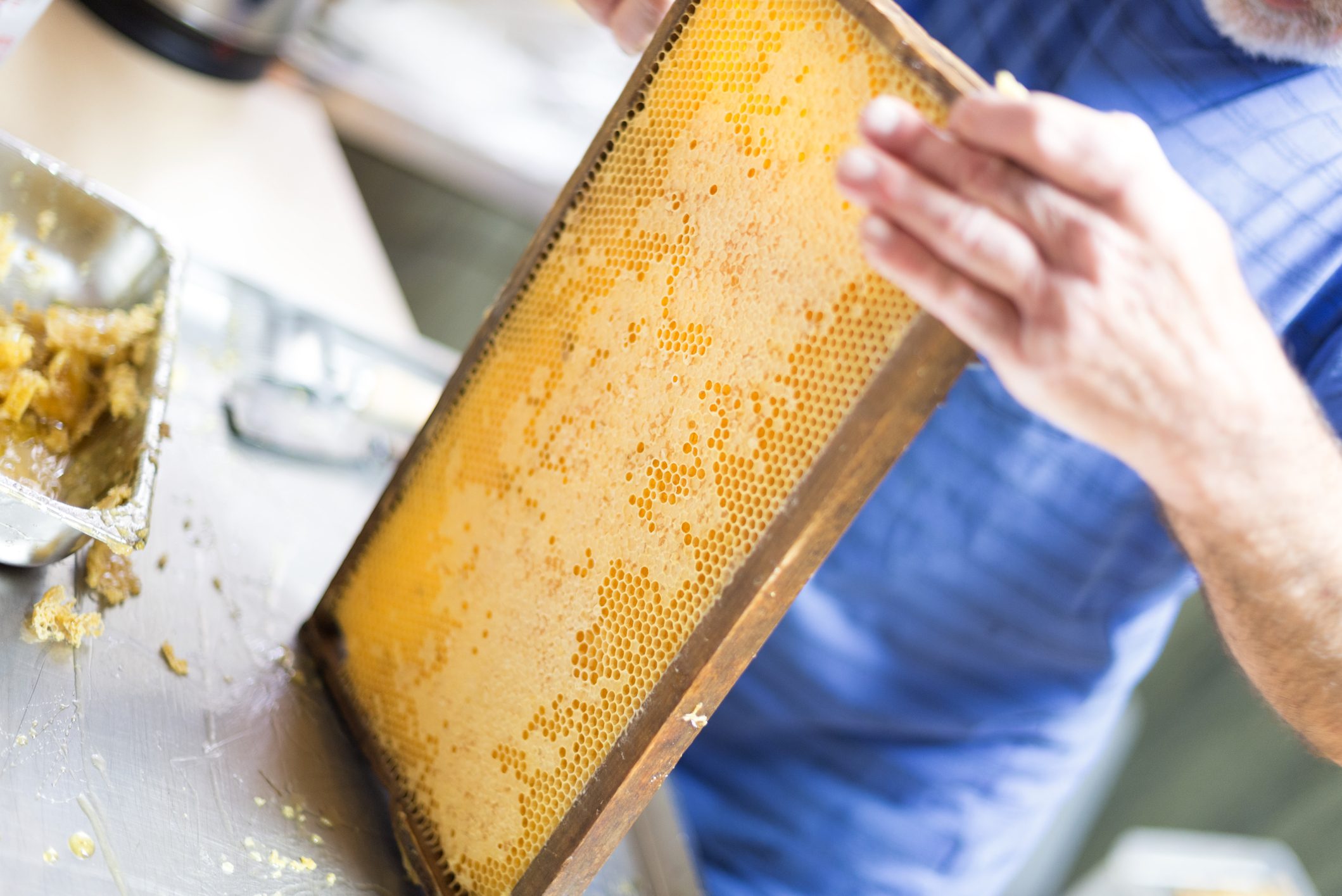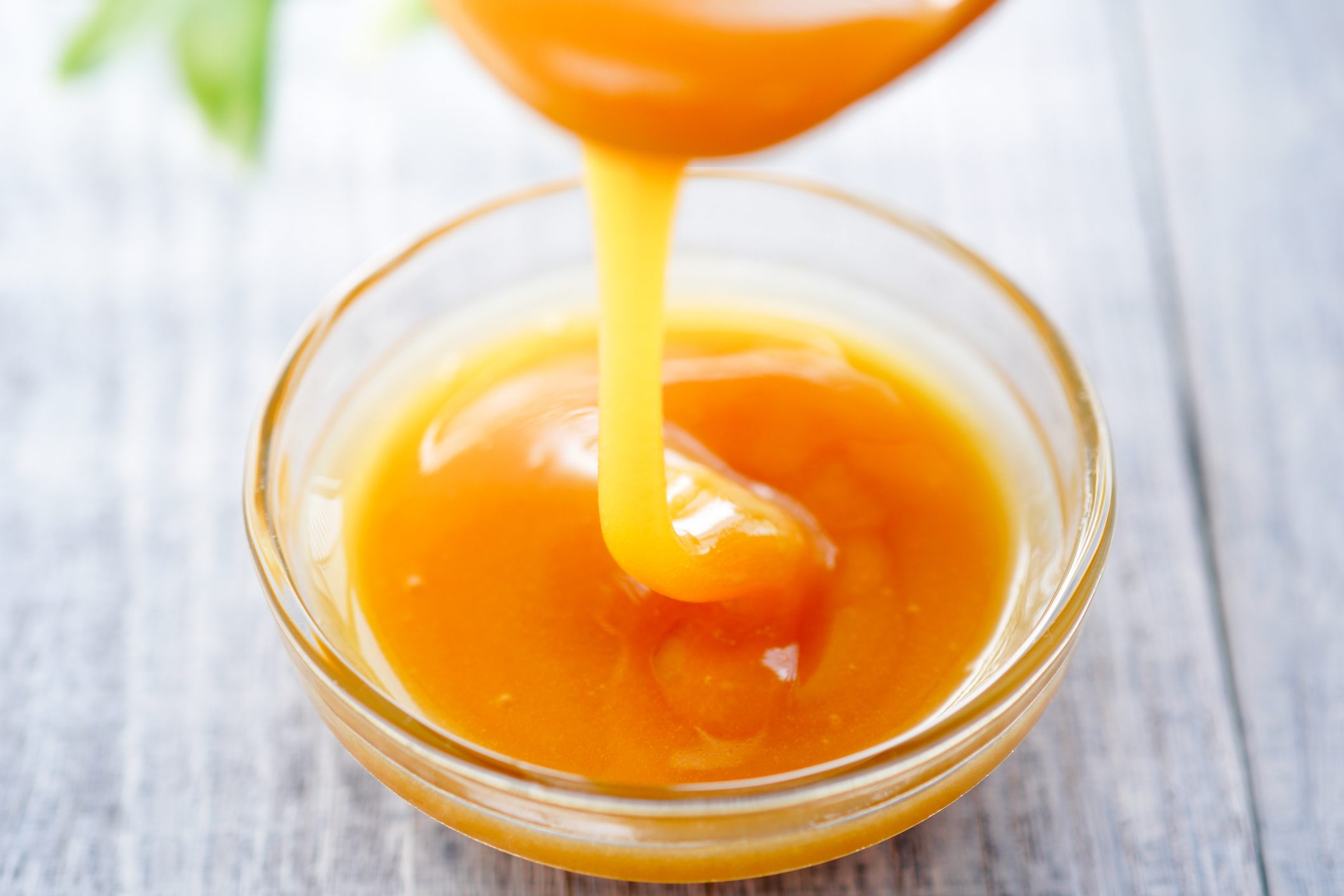Propolis: beneficial properties and uses of the natural antibiotic
But let’s find out what the properties of propolis are, how to use it for our well-being and what the contraindications are.
;Resize,width=742;)
Propolis is produced by bees, and it is a resinous substance that covers hives protecting them from external agents: the name means, in fact, "in front of the city", from pro (in front) and polis (city), as it has the function of protecting the hive. Propolis is an antibacterial and natural antibiotic useful in case of colds, asthma, flu and more: it is one of the most known and used natural remedies. But let’s find out what the properties of propolis are, how to use it for our well-being and what the contraindications are.
What is propolis and what does it contain
Propolis is therefore composed of resinous secretions that bees collect from trees, such as poplars or birches, and which they mix with saliva and wax. This substance is used in their hives as an antiseptic and as a protection to defend the hive. Propolis is also used as a thermal insulator and to close cracks. Propolis is composed of resins, balsams and waxes, as well as essential oils, pollen, aromatic acids and organic mineral and vegetable substances. It also contains flavonoids and polyphenols, as well as minerals such as calcium, iron, copper, manganese and group B vitamins.
Beneficial properties of propolis

Propolis works as a powerful anti-inflammatory, thanks to the content of caffeic acid and flavonoids, very useful in case of asthma. It helps prevent colds, flu and seasonal ailments and it also strengthens the immune system. It also has antiviral, antifungal, healing and vasoprotective properties: it is also used in case of burns and pimples, because it helps to heal them. Propolis gives immediate relief in case of sore throat and it is also useful for treating abscesses, stomatitis and canker sores. It is also an effective remedy for gingivitis or aching teeth. It may also be useful to take propolis to relieve the symptoms of allergic rhinitis: this substance would work as a kind of natural vaccine. It is in fact a potentially allergenic product, as it contains pollen, but it is possible to accustom the body gradually under medical supervision.
How to use it
You can use propolis in different formulations: you can buy it pure from beekeepers, while in herbal medicine shops or pharmacies you can buy mother tincture, oils, tablets or ointments. In some cases propolis is associated with pollen or honey. It can be used locally in a spray solution to relieve sore throat or to treat herpes and canker sores, or used in a preventive way to strengthen the immune system.

Side effects
Propolis has no particular side effects, although it is possible to find allergic reactions in predisposed subjects. Among the side effects, in case of oral intake, there are gastrointestinal symptoms, convulsions and renal failure. In sensitive subjects the propolis could cause dryness of the mucosa, stomach pain and heartburn and diarrhea: symptoms that disappear suspending the intake. It could also cause allergic reactions with swelling of the lips, eczema around the mouth, difficulty breathing. In pregnancy it is advisable to use propolis-based products without alcohol but, for safety, and to avoid any allergic reactions, it would be better not to take it or seek the advice of the doctor.
;Resize,width=767;)
;Resize,width=712;)
;Resize,width=712;)
;Resize,width=712;)
